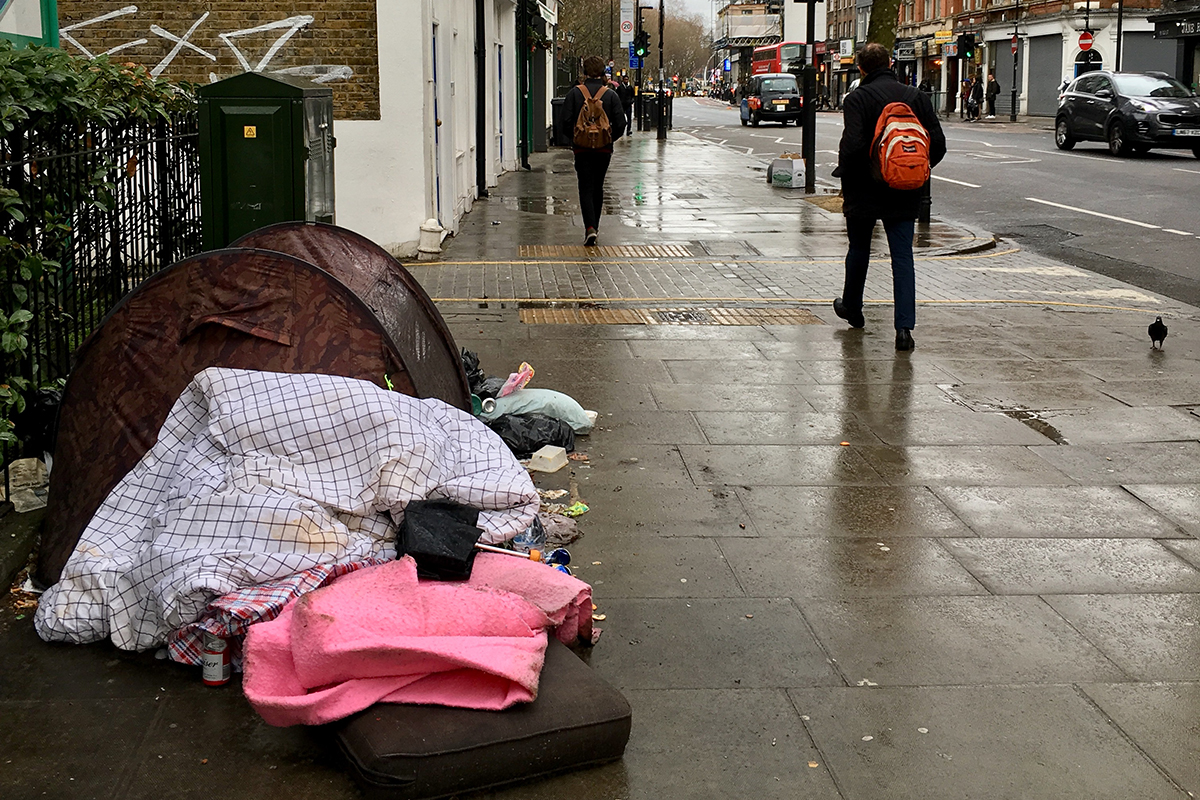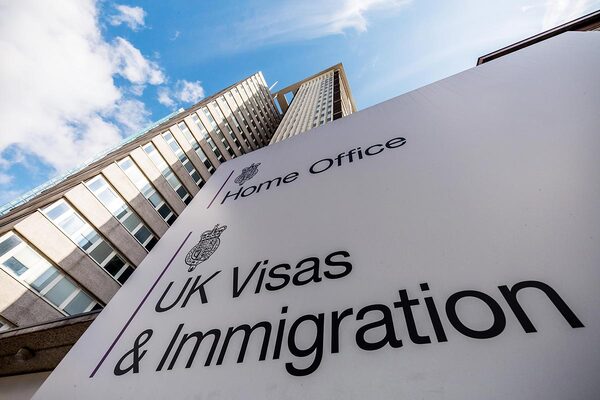You are viewing 1 of your 1 free articles
NHF joins call for government action on soaring refugee homelessness
A 16-strong coalition of organisations has urged the government to take “immediate action” over concerns that its current policies is causing rough sleeping among refugees to soar.
The groups, which include the National Housing Federation, as well as homelessness and refugee charities, have written to home secretary James Cleverly after a near tenfold jump in rough sleeping among people who have left asylum facilities since July last year.
Official figures showed that in July, there were 42 people found to be sleeping rough who had left asylum support in the previous 85 days. By December, this number had hit 469.
“Government policy is contributing to further rough sleeping rather than preventing it,” the letter said. “This is avoidable.”
Led by St Mungo’s, the coalition has called on ministers to extend the number of days refugees are given to find a home before being evicted from asylum hotels from 28 days to “at least” 56 days.
It comes as London Councils also raised the alarm after research showed the number of refugees sleeping rough in the capital after leaving Home Office hotels had jumped by 234% in four months.
The letter also urged Mr Cleverly to stagger the large number of evictions from Home Office accommodation and “reasonably delay” them for a few days if a person is working with their local authority or a third-sector organisation to avoid homelessness.
The government should also “commit to working with the third sector to jointly create a comprehensive and properly funded transition process for people whose asylum support is due to end”, the coalition said.
The letter concluded: “Rough sleeping is a terrible and perverse outcome of people being granted leave to remain in the UK.
“We want to work in partnership with your department to avoid this happening. We look forward to hearing from you.”
In response, a government spokesperson said: “Once a newly recognised refugee is issued a biometric residence permit, they get 28 days to move on from asylum accommodation.
“Support is also available through Migrant Help and their partners, which includes advice on how to access Universal Credit, the labour market and where to get assistance with housing.
“We are working with local authorities to manage the impact as we reduce the number of asylum seekers awaiting a decision.”
Sign up for our homelessness bulletin
Already have an account? Click here to manage your newsletters












